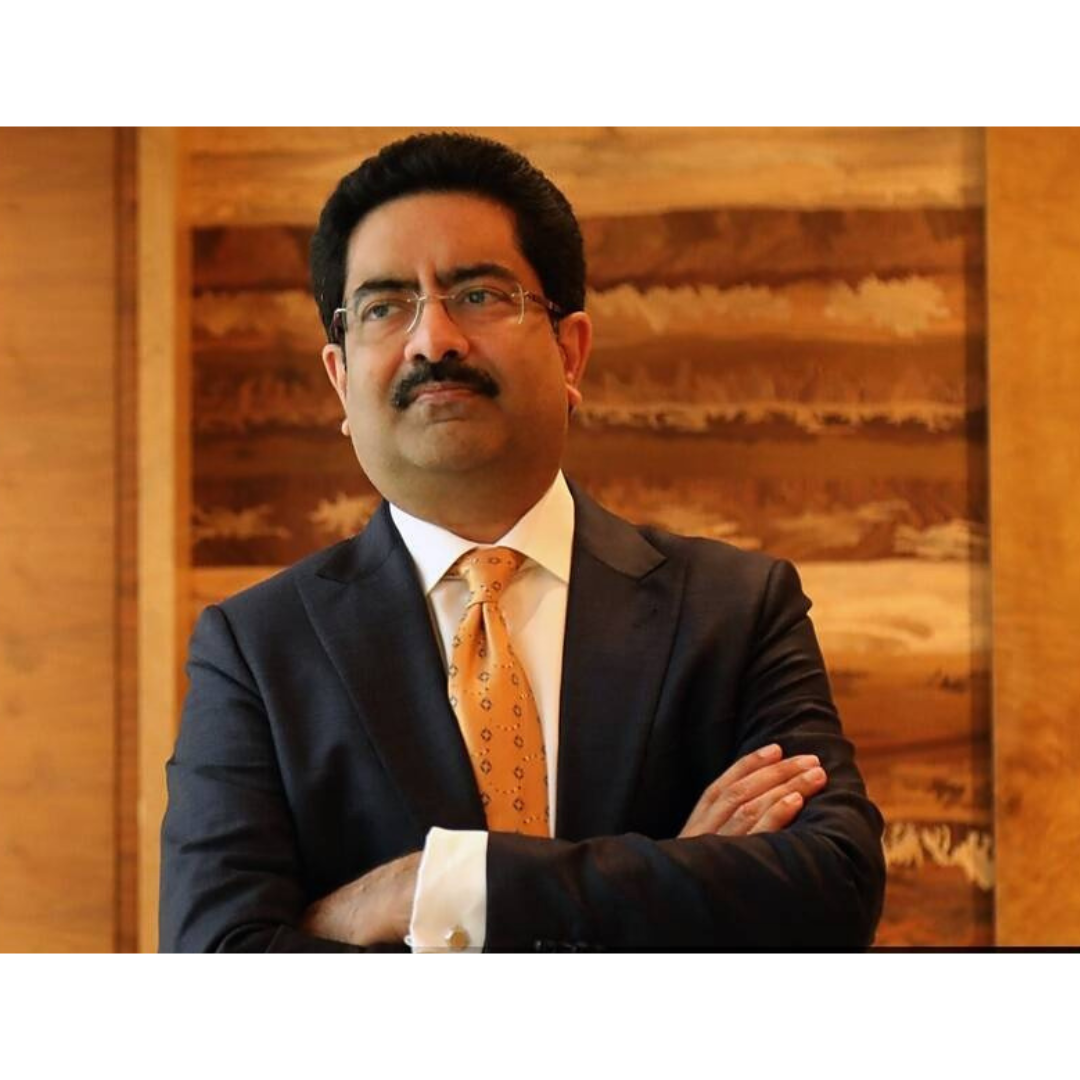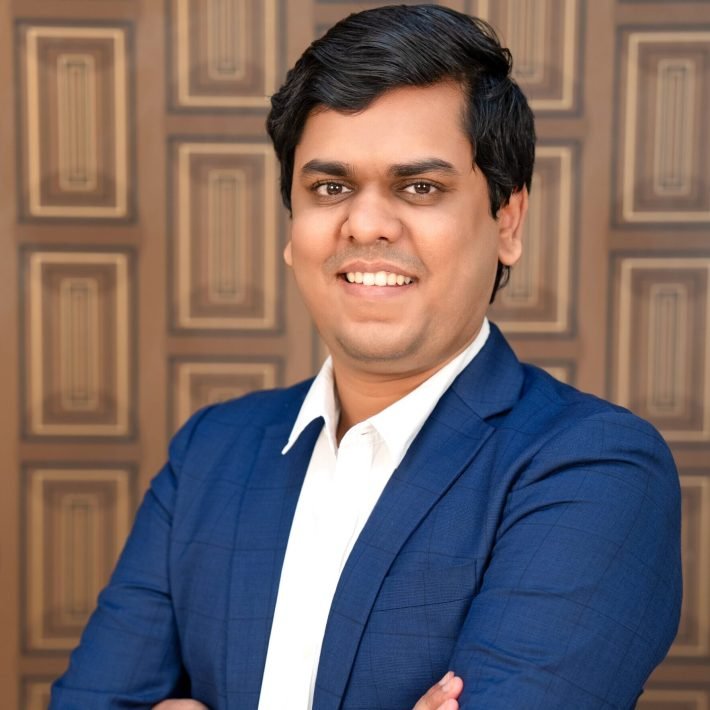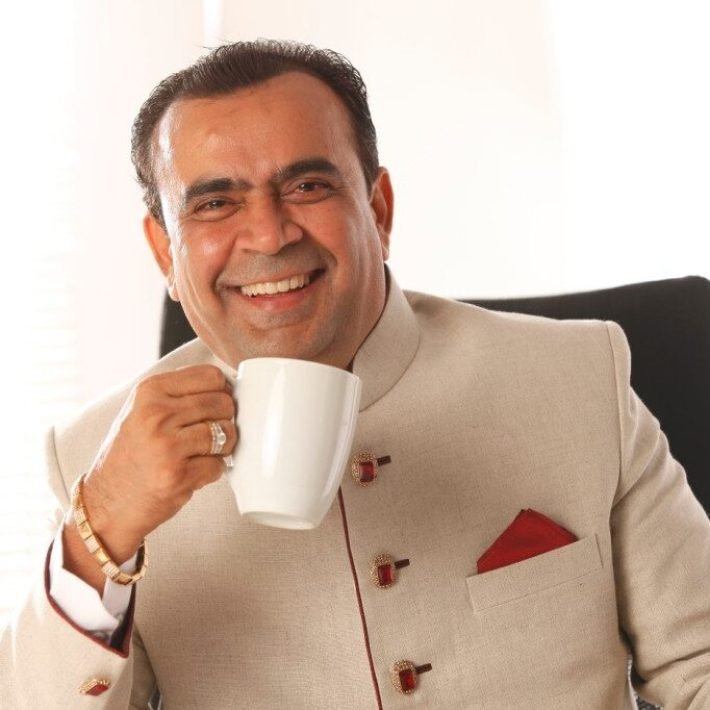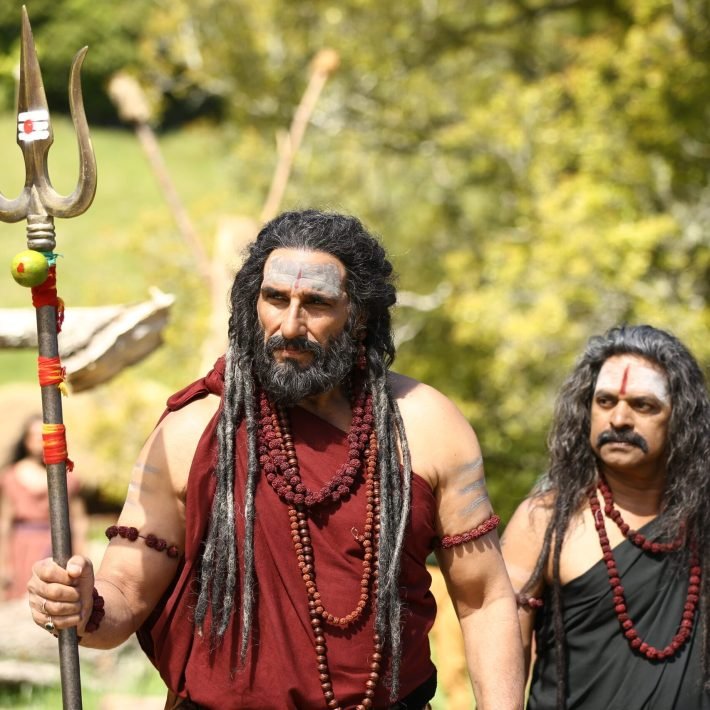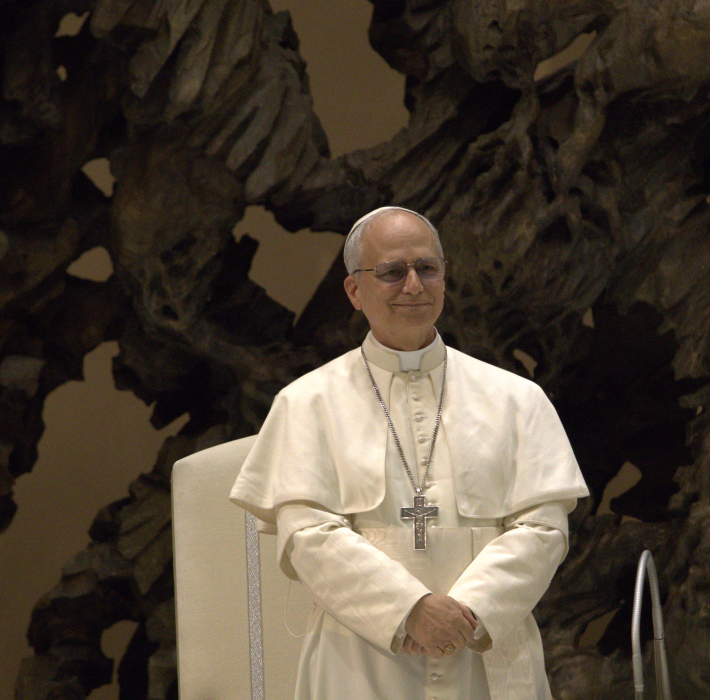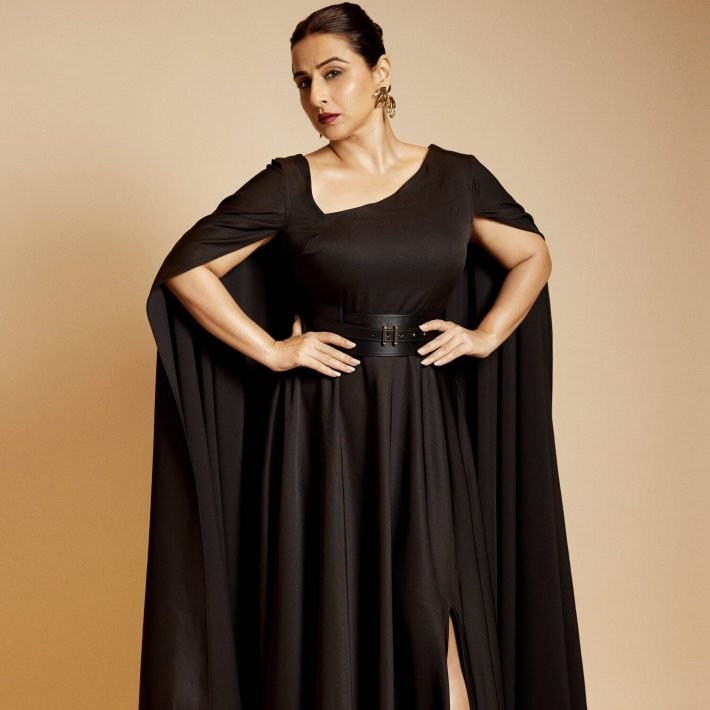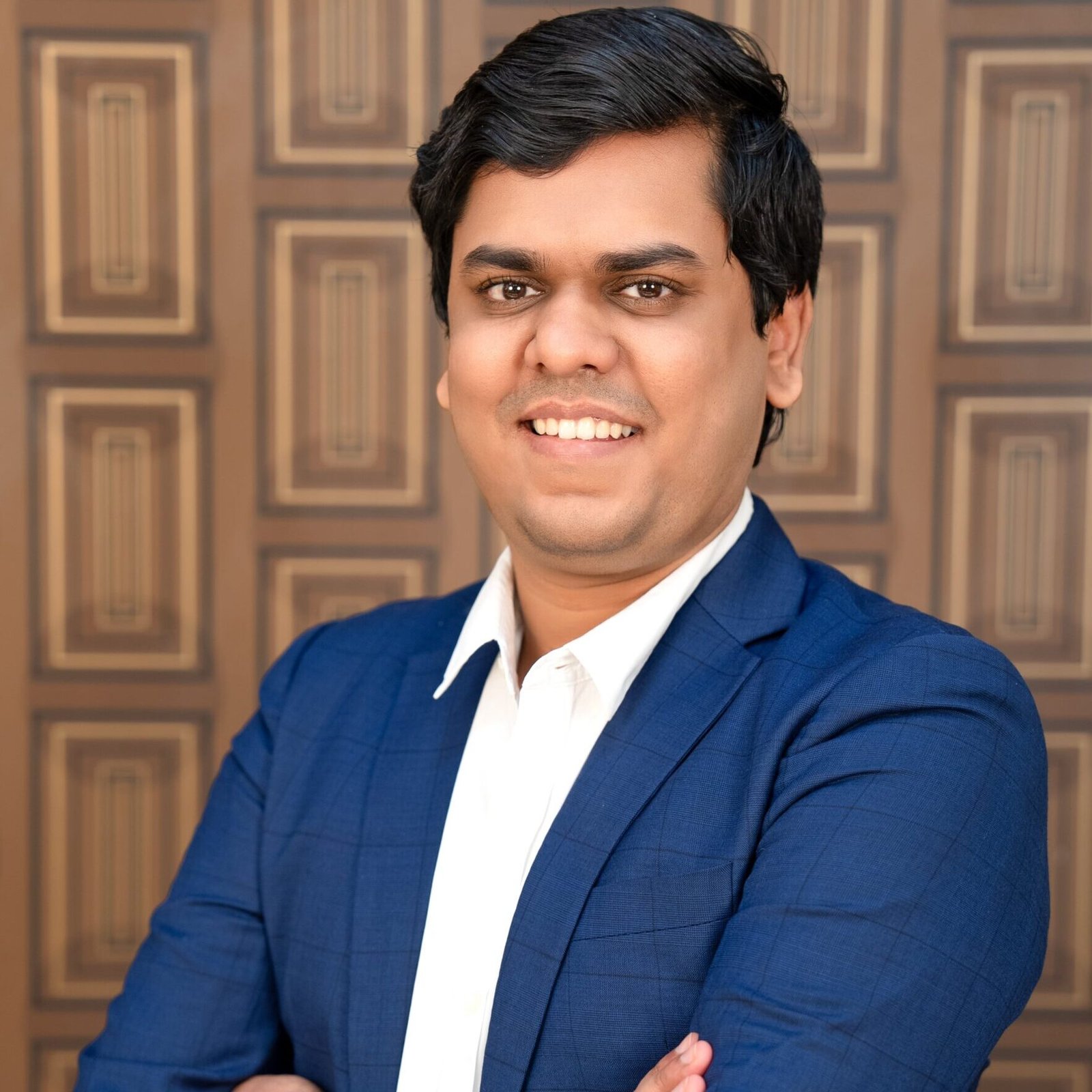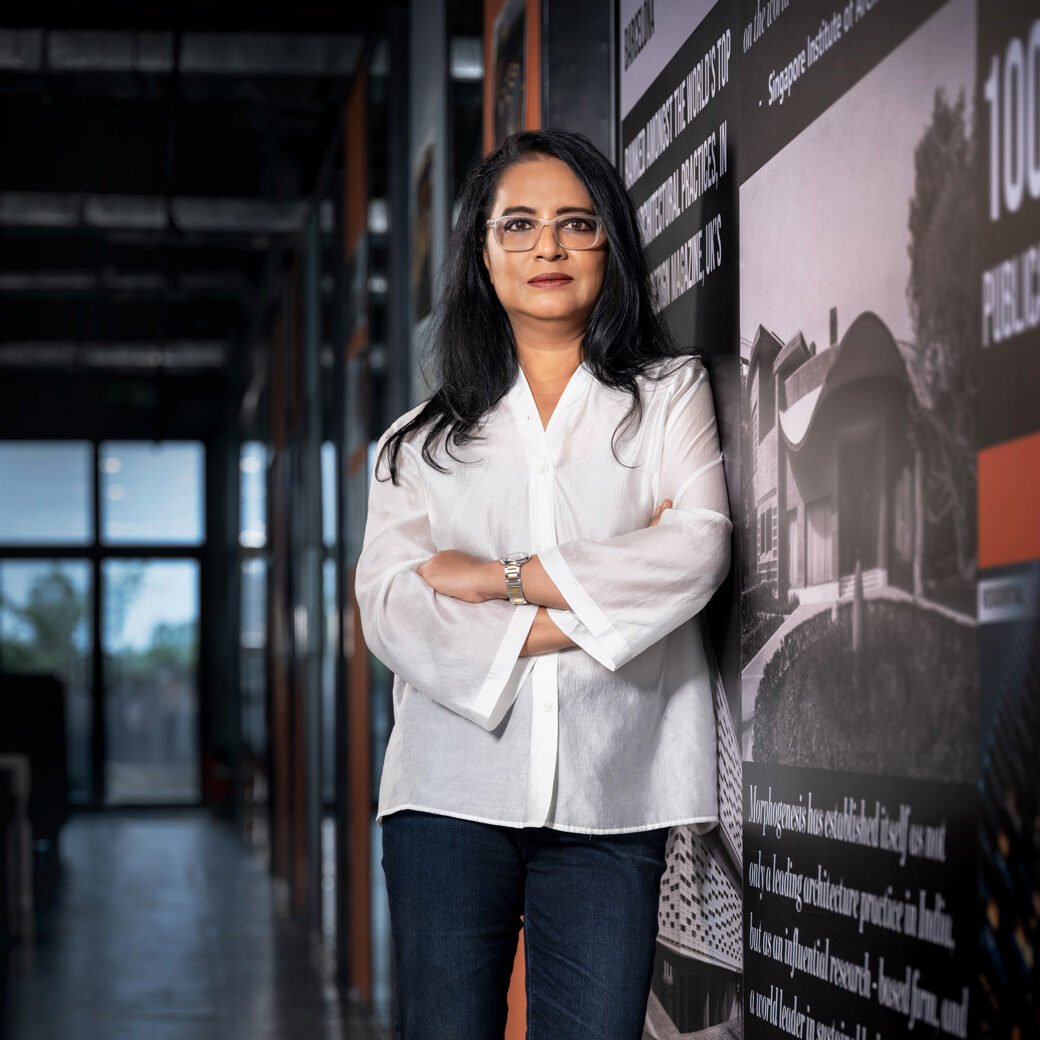To him goes full credit for taking the Aditya Birla Group’s turnover from US$2 billion in 1995 to US$45 billion in 2021. Honoured with the Padma Bhushan in January 2023, Kumar Mangalam Birla’s success story is inspirational on many levels.
By Ambika Basu
‘Tata-Birla’ – for decades this term has been an unofficial buzzword that denotes extreme business-class wealth in India. Understandably, the roots of the business house of Birla go back a long way to the 19th century in the Rajasthani town of Pilani, where Seth Shiv Narayan Birla started trading in cotton. It would be the foundation for the famous house of Birla. Expanding rapidly through the 1850s, it was in the early part of the 20th century that founding father, Ghanshyam Das Birla, set up industries in the critical sectors of textiles and fibre, aluminum, cement and chemicals. A close confidant of Mahatma Gandhi, he also played an active role in India’s freedom struggle. Representing India at the first and second round-table conferences in London, along with Gandhiji, it was at Birla House in Delhi that the leading lights of the Indian freedom struggle often met to chalk out plans to oust the British Raj.
Simultaneously, G D Birla continued to pursue his business goals, emerging as a leading industrialist of pre-Independence India. Three years after the stalwart’s demise (1983), his second son K K Birla had ruled out rumours of a separation, arguing that the capital gains tax burden inevitably would make matters difficult. However, the split did happen, wherein assets reportedly worth a staggering Rs 4,000 crore, spread over businesses as diverse as textiles and tea, jute and sugar, cement and shipping, and engineering goods, were apportioned between the various branches of the family in a largely amicable settlement. The sub-branch that apparently gained the most was G D Birla’s favourites — son Basant Kumar Birla and his son, Aditya Birla.
Aditya Birla: Forward-Thinking Visionary
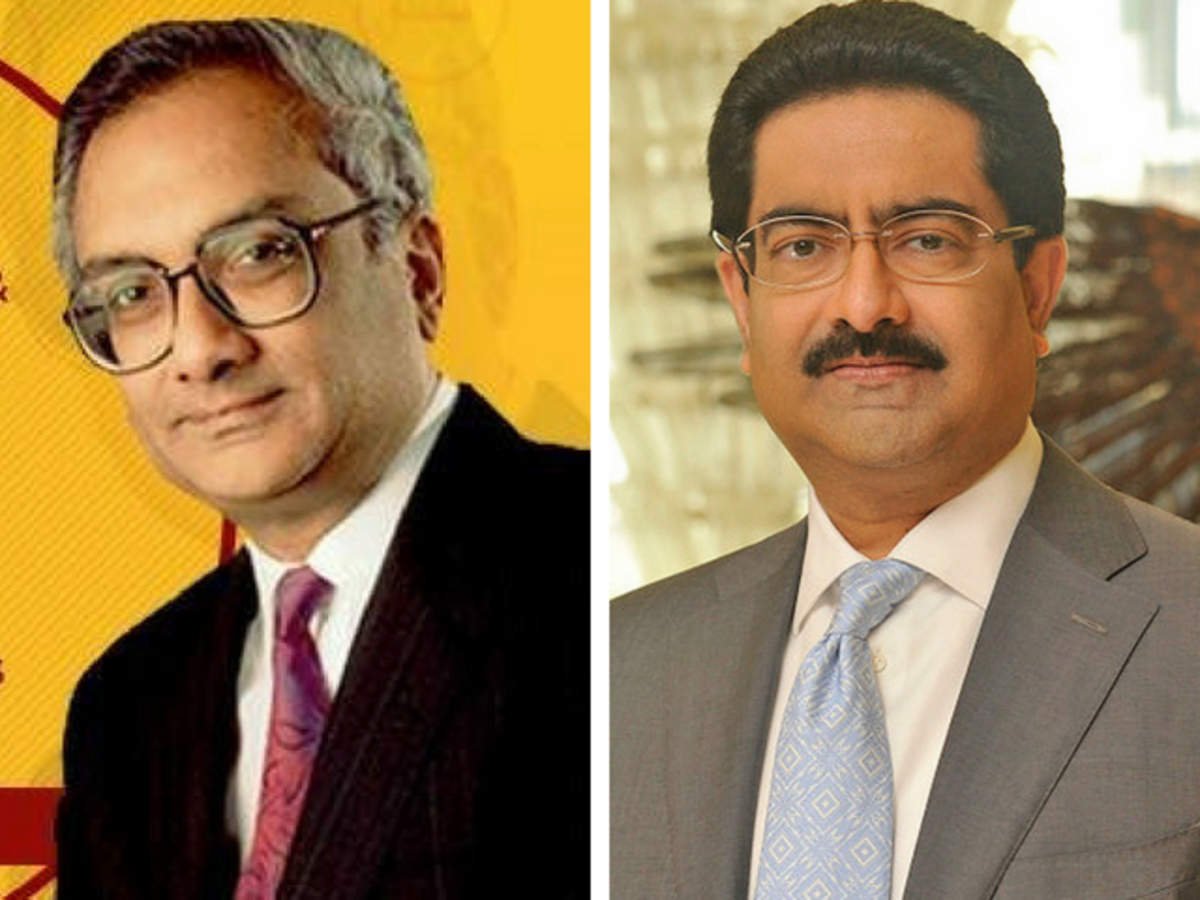
The 1944-born Aditya Vikram Birla was the chairman of the US$2.3 billion Birla Group and an advocate of expanding Indian economic activity abroad. Schooled in Calcutta, he went on to earn a BSc degree from St Xavier’s College. He later acquired a BSc in Chemical Engineering from the Massachusetts Institute of Technology. Returning to India in 1965, he is said to have resisted his grandfather G D Birla’s pressure to enter the aluminium industry, choosing instead to strike out on his own in textiles. His Eastern Spinning Mills at Calcutta achieved success quickly, post which he was given charge of the corporation’s expansion into the oil sector.
Aditya Birla would go on to initiate the first Indian joint-venture company in Indonesia, and a textile plant in the Philippines. He would move into palm oil refining in Malaysia and build advanced plants for the manufacture of viscose rayon fibre in Indonesia and carbon black in Egypt. From the late 1970s onwards, he set up 15 companies in South and Southeast Asia and the Middle East. He was the chairman of several blue-chip companies including Grasim Hindalco, and Indian Rayon. He also signed agreements with the AT&T Corporation to provide telephone and cellular services in India. Besides successfully diversifying the business group he had inherited into textiles, petrochemicals and telecommunications, his vision saw the company become one of the first Indian corporates to go international, taking the conglomerate’s worth to US$2 billion in 1995.
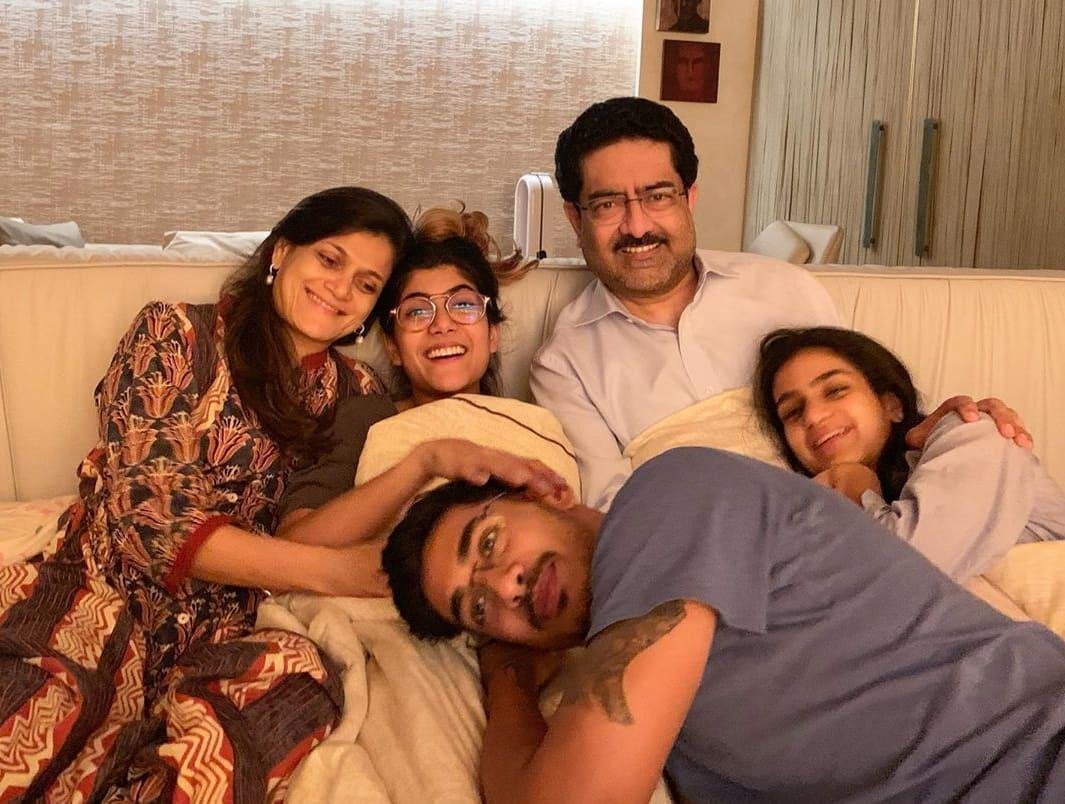
Aditya Birla was just 51 when he passed away, after a prolonged illness, in a hospital in Baltimore, USA. He was survived by his wife, Rajashree Birla, son, Kumar Magalam Birla, and daughter, Vasav Datta Birla.
The Coming Of Age Of Kumar Mangalam
In an interview with ‘India Today’, Kumar Mangalam spoke of how he vividly recalled the day his father told him that he had only a few more months to live. Diagnosed with prostate cancer in 1991, his father’s condition worsened, leading to him spending the remaining part of his life in and out of hospitals. Up until then, Kumar Mangalam had enjoyed a secure, happy and uncomplicated life, growing up in a close-knit joint family in Mumbai. He learnt the values of honesty, consistency, integrity, hard work and doing one’s best from his venerable grandfather and father. He considered it his privilege, almost a sacred honour, to join the family business; something he did after studying chartered accountancy and earning an MBA abroad. Put in charge of the smaller units in his company by his father, it was a stressful assignment but also one that helped him learn a lot.
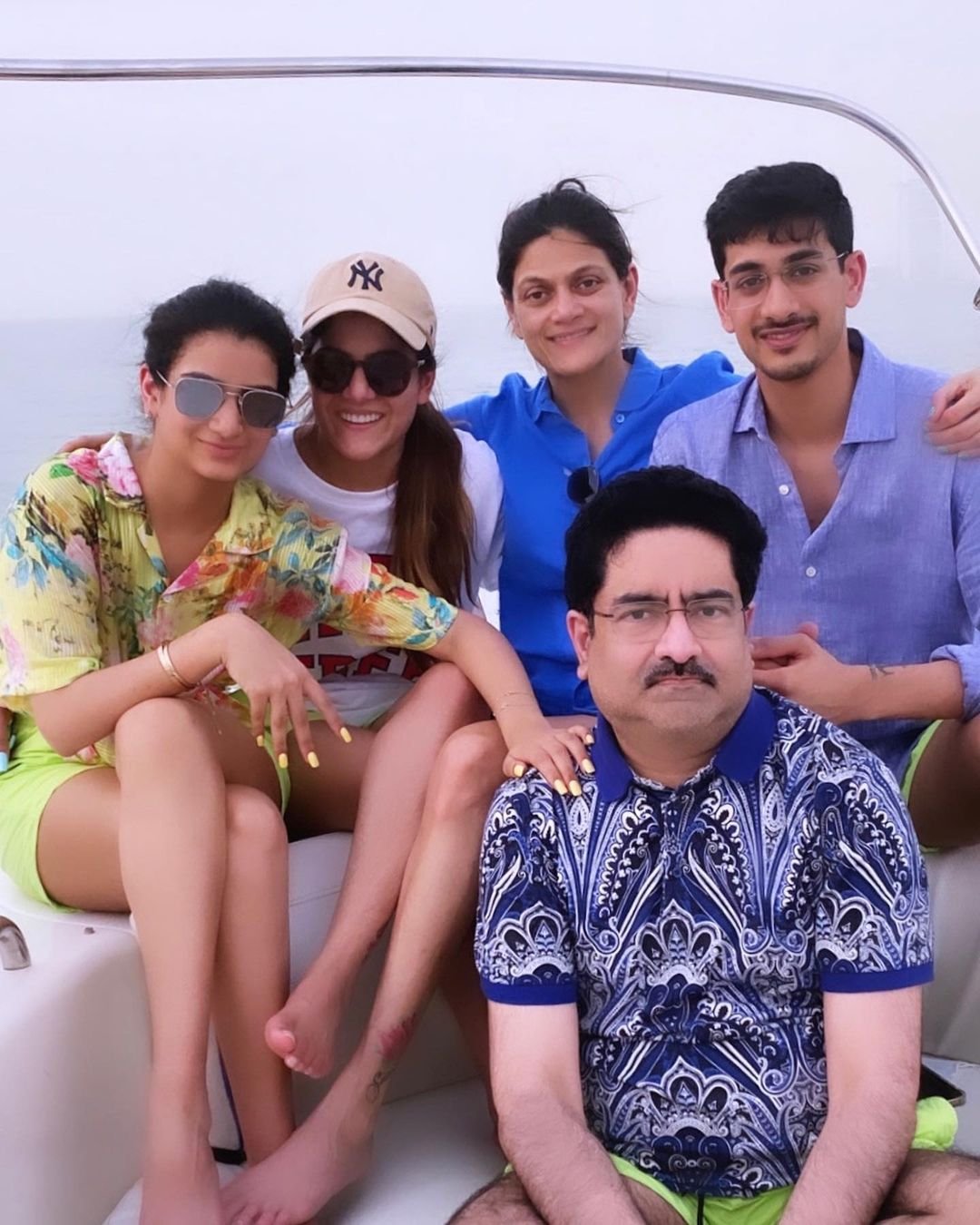
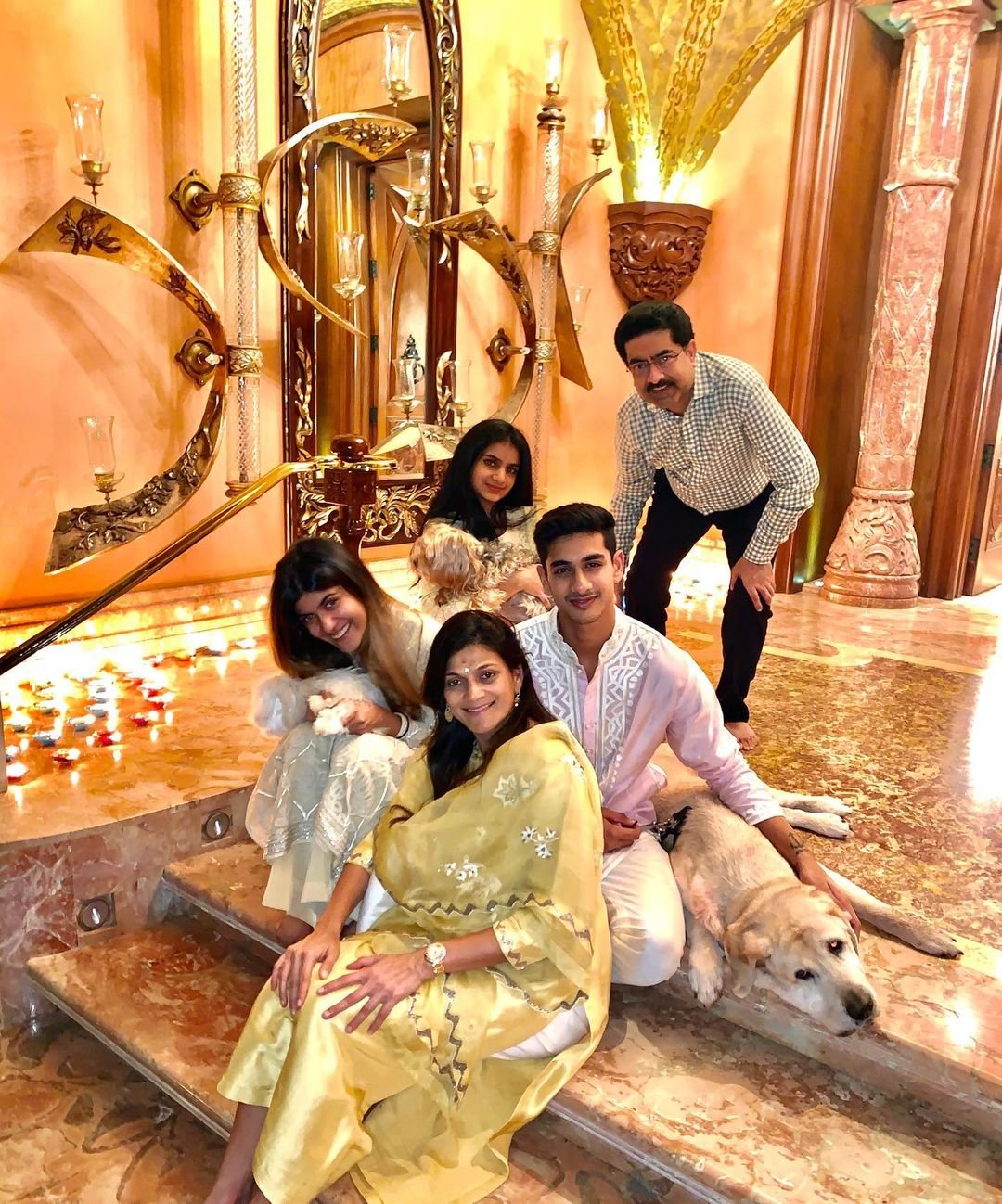
It was a shock for him to learn that his father, in the prime of his life, would not live much longer. He carried with him his father’s last advice… about running his businesses with the values he had taught him; working hard but also ensuring to enjoy life; being brave; taking care of his mother and sister; and not grieving in public. His father’s death and the resulting challenges became a turning point in young Kumar Mangalam’s life, leaving him with no choice but to grow up fast. He would share that his father’s demise, “was a huge learning by itself. It taught me about the impermanence of life, to be resilient and to also appreciate the value of family and close friends that saw us through this very difficult phase.”
Finding His Feet
Interestingly, as he took over the running of the conglomerate he had inherited, Kumar Mangalam did not feel the need to copy his father’s methods. Following his grandfather’s advice about being, “your own person and take your own decisions,” he embraced the freedom to create his own story and be unafraid of making mistakes.
He spent a year travelling from factory to factory, observing the Group’s companies. And then the changes began…. He not only revised old financial practices but also hired managers from multinational companies. Putting an end to the tradition of employing aging staff, a retirement age of 60 was set.
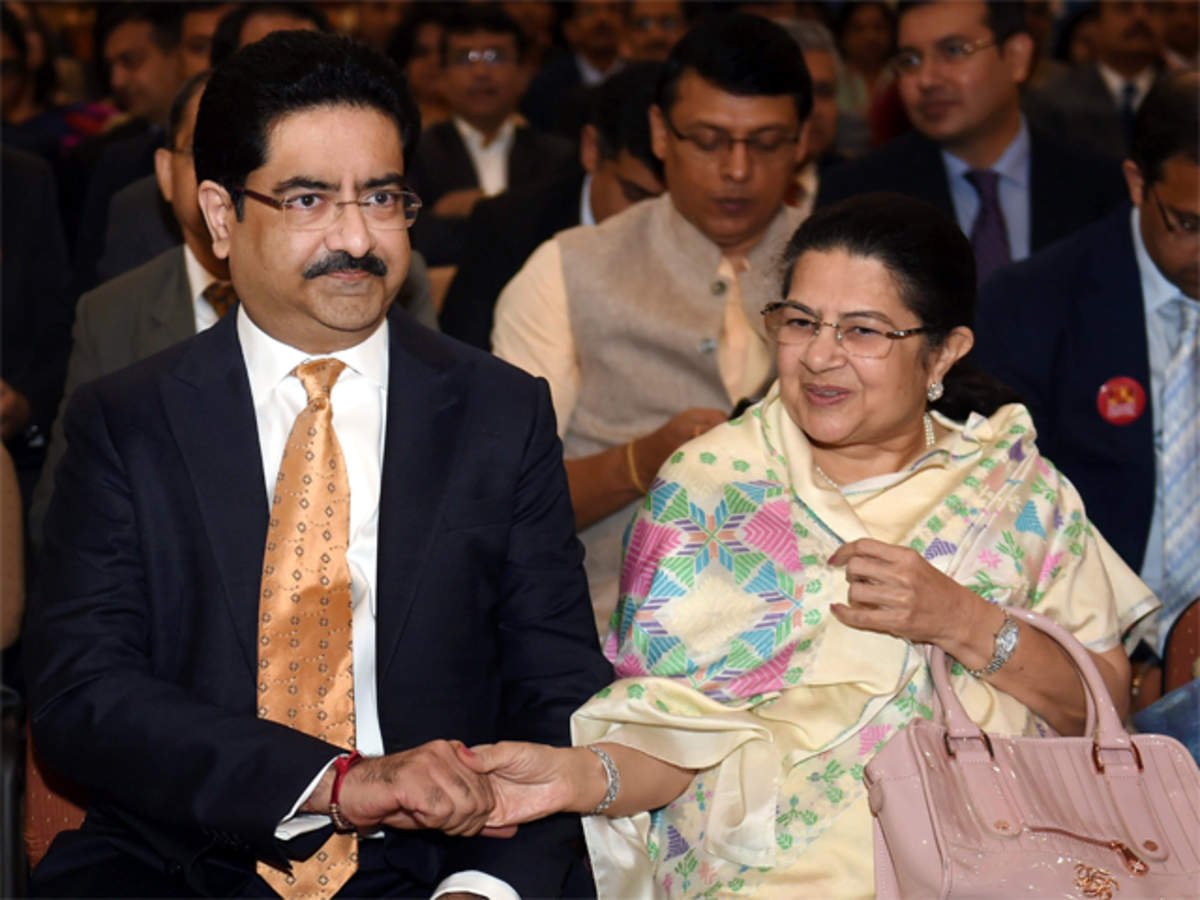
Taking over the family business in 1995, which he later renamed the Aditya Birla Group (ABG), the times had changed, and he changed the company with them. With the advent of major economic reforms, business underwent a metamorphosis. Kumar Mangalam rose to the challenge of revamping the company’s business strategy. Starting off with understanding his companies’ needs by engaging with top management professionals, he chose to play on the group’s strength – namely, its conglomerate structure. Focused on being a dominant player in any business the group was in, he chose to sell units where there was no prospect of acquiring dominance. Loss-making units such as the first spinning unit that his father had established, were also sold off. Equally importantly, he decided to focus on expanding the international footprint of ABG.
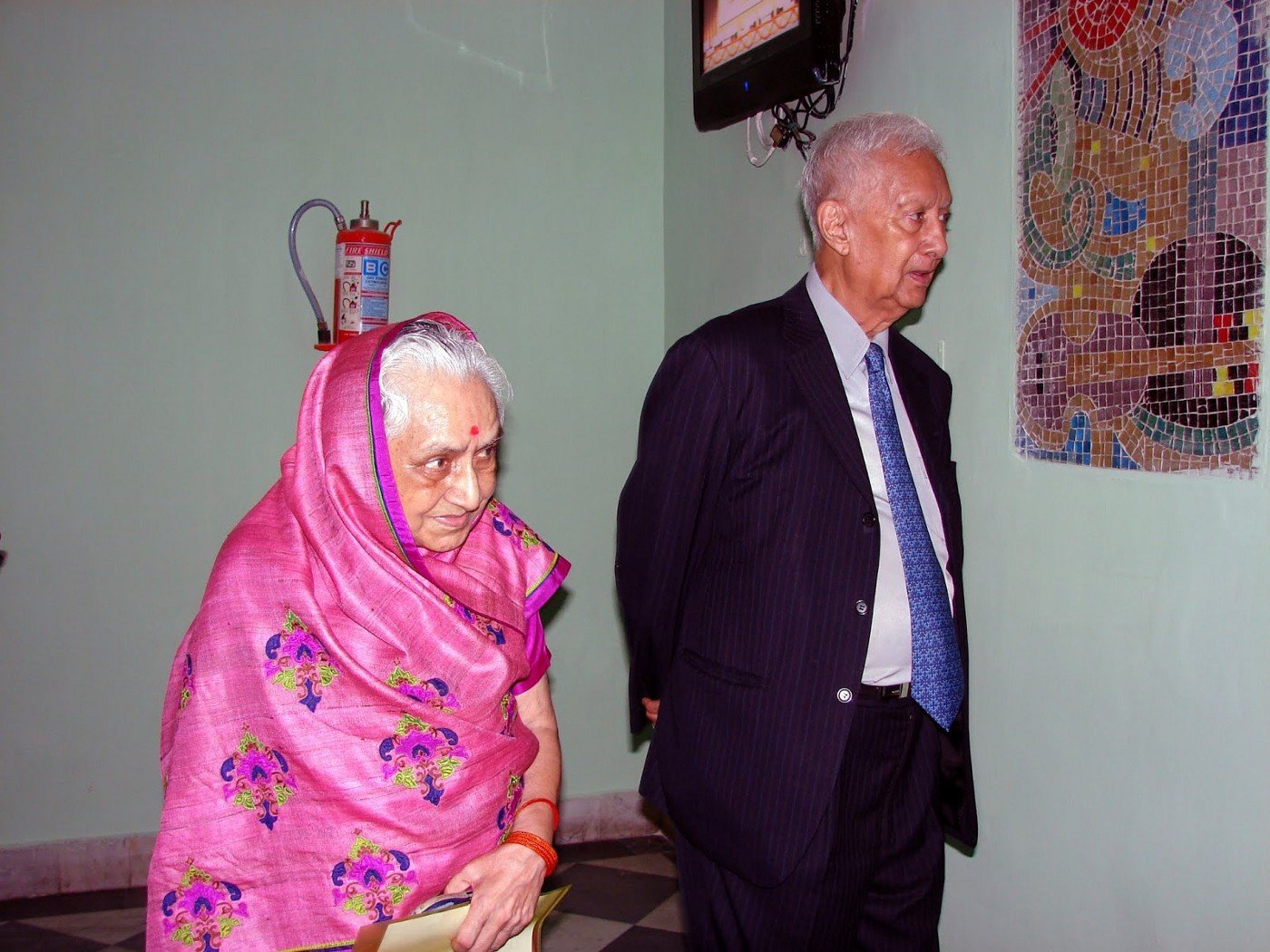
Bringing much-needed professionalism into the way the Group was managed, he introduced a system of meritocracy in employing people. Eschewing yes-men for managers who were afraid of challenging him, he also laid down the values which would run the companies. His focus was on creating a decentralised, empowered and people-driven organisation — and he did. Building leadership and a system that promotes merit, in the years that followed he succeeded in creating an institution that will outlive individuals.
Changing The Game
Showing considerable foresight, the billionaire bought up cement companies during a slump in stock prices in 1998. His UltraTech Cement is India’s largest producer of building materials. Moving into new markets, including mobile phones and supermarkets, his Hindalco Industries bought Atlanta-based Novelis for US$6 billion in 2007, in what was the largest acquisition by the Aditya Birla Group. Novelis is the world’s biggest producer of rolled aluminum used in beverage cans and other products. Under his guidance, the Group also became the world’s largest maker of carbon black, used in tyre manufacturing, when it bought Georgia-based Columbian Chemicals for US$875 million in 2011. The Group also owns Essel Mining & Industries, a closely held iron ore miner, which accounts for around half of his personal net worth. He is said to be seeking to expand in commodities to take advantage of long-term growth in Asian demand. As chairman, the Group’s annual turnover zoomed from US$2 billion in 1995 to US$45 billion in 2021.
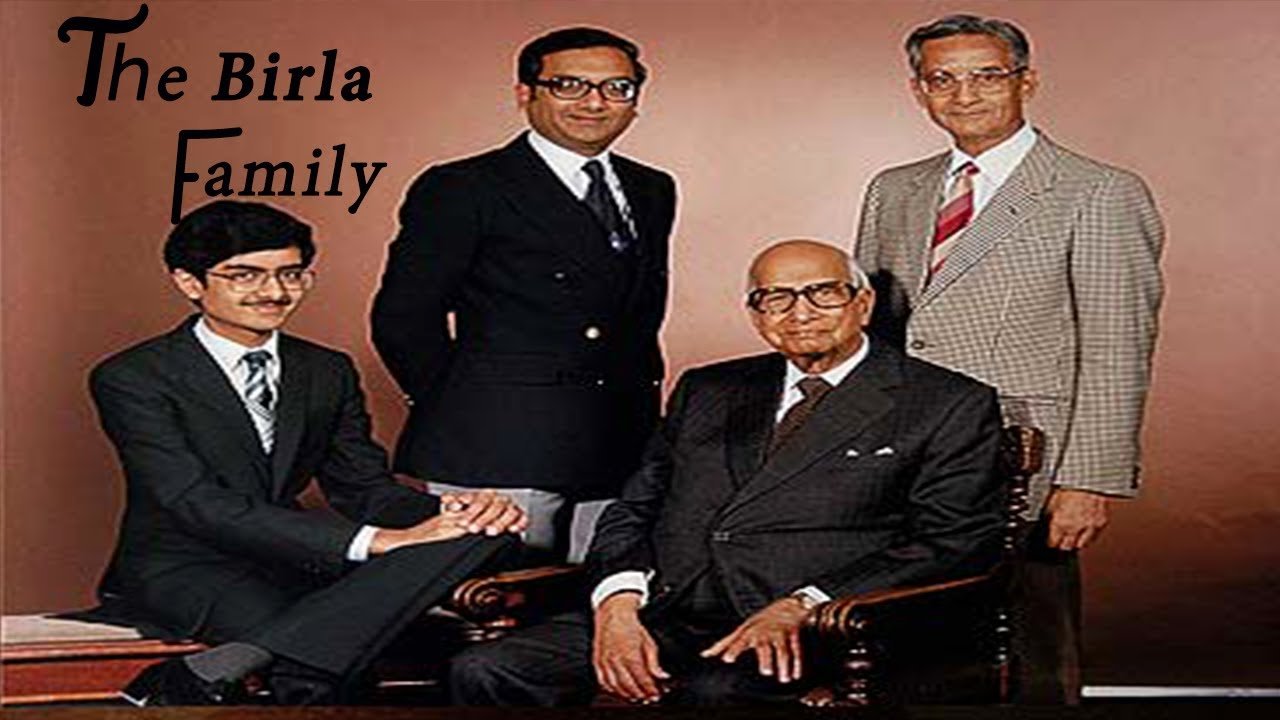
Aditya Birla Group – Powering Forward
Today, the Aditya Birla Group, a global conglomerate, is in the League of Fortune 500. Anchored by a force of over 140,000 employees belonging to 100 nationalities, the Group is built on a strong foundation of stakeholder value creation. With over seven decades of responsible business practices, its businesses have grown into global powerhouses in a wide range of sectors – metals, pulp and fibre, chemicals, textiles, carbon black, telecom, cement, financial services, fashion retail and renewable energy. Today, over 50% of Group revenues flow from overseas operations that span 36 countries in North and South America, Africa, Asia and Europe.
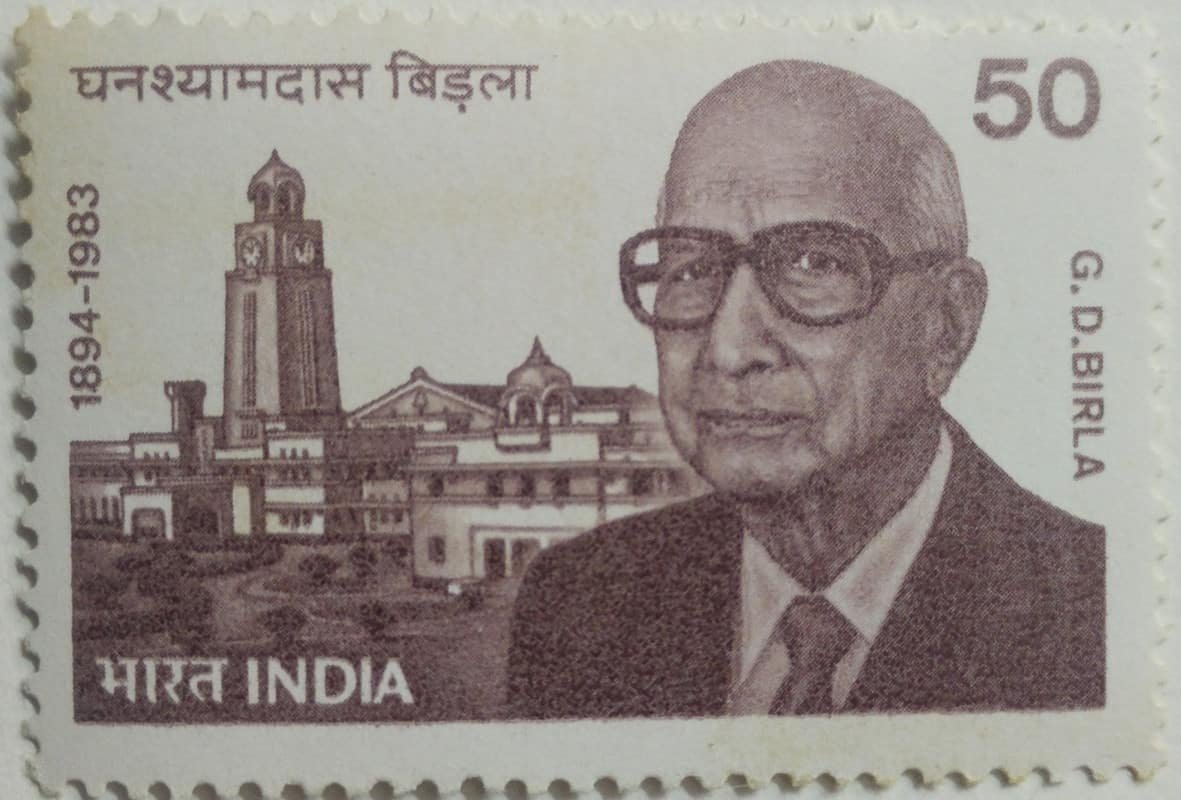
Globally, the Aditya Birla Group is:
#1 in aluminium rolling
#1 in viscose staple fibre
#1 in carbon black
#3 in cement
#3 in insulators
In India, the Group leads in several sectors:
#1 fashion and lifestyle player
#2 in viscose filament yarn
#1 in grey cement, white cement and concrete
– A leading player in life insurance and asset management

The Aditya Birla Group was named the AON Best Employer in India for 2018 – the third time over the last seven years. The Group ranked fourth in the world and first in Asia Pacific in the ‘Top Companies for Leaders’ study 2011, conducted by AON Hewitt, Fortune Magazine and RBL (a strategic HR and leadership advisory firm).
Fortune’s Favourite
With a net worth of US$11.2 billion, the majority of Kumar Mangalam Birla’s fortune comes from his ownership of the Aditya Birla Group, a conglomerate that controls his main holdings. These include 30% of the world’s largest aluminium rolling company – Hindalco Industries, a 34% stake in Grasim Industries which controls India’s biggest producer of building material, a 15% stake in Vodafone Idea which was created in a 2018 merger, as well as 13% of financial services provider Aditya Birla Capital. Now he is on track to fortify the Group’s market position further and surpass the projected revenue of Rs 21,000 crore by 2026.
Philanthropy & More
Honoured with several awards including International Advertising Association’s CEO of the Year Award, the US India Business Council’s Global Leadership Award, and the JRD Tata Leadership Award, Kumar Mangalam and his family also rank high in giving back to society, with donations mostly to the healthcare sector. Donating Rs 500 crore towards Covid relief measures in 2020, including Rs 400 crore to the PM-CARES fund, Kumar Mangalam has also created a 15 million pound endowed scholarship programme to support 10 full-time MBA candidates every year at the London Business School. Named after his late grandfather Basant Kumar Birla, it is the largest endowed scholarship gift to a European business school. The family has also built schools and temples across India, including BITS Pilani and Birla Mandirs.
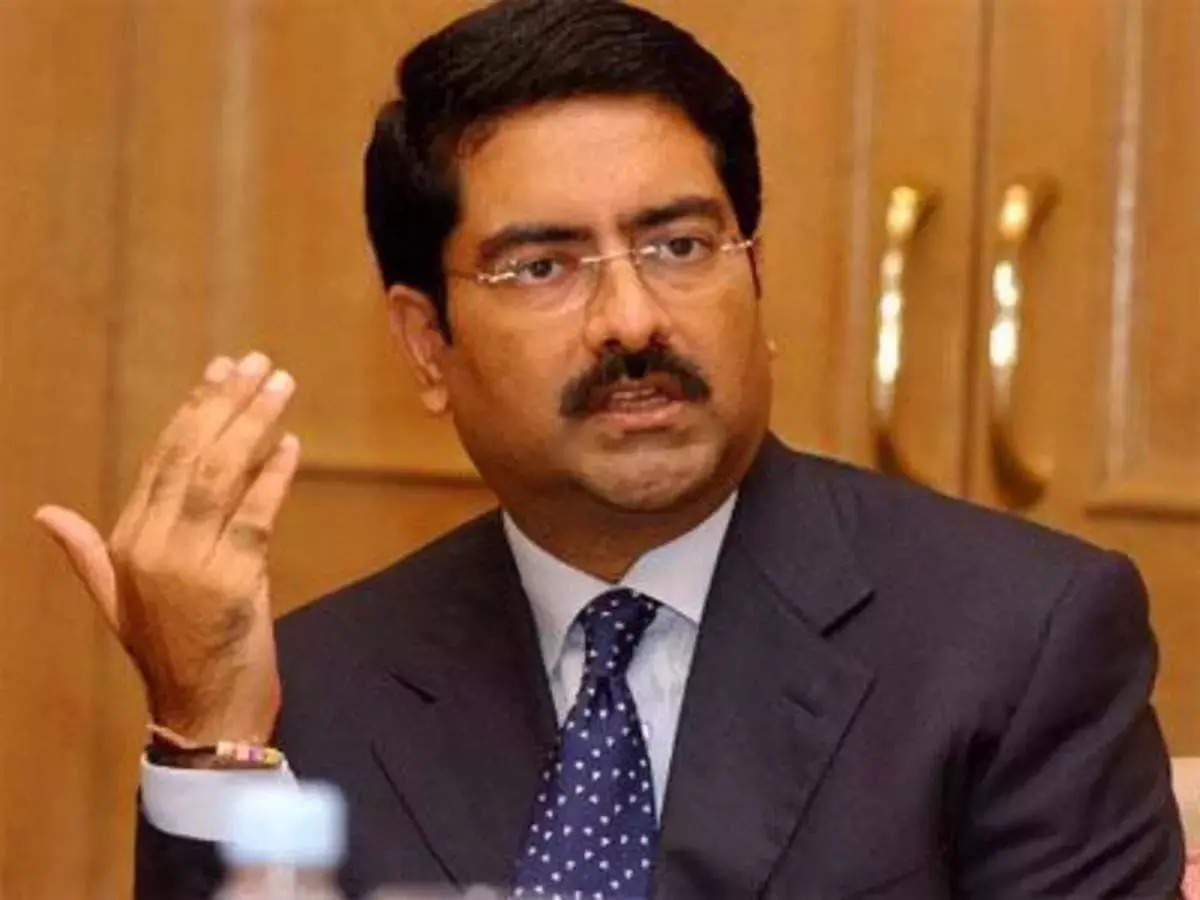
GenNext: A Peek Into The Future
Married at 22 to Neerja Kasliwal, the power couple prefers keeping a low profile. Today, Neerja is the Vice Chairwoman for the family’s education projects and oversees the Aditya Birla World Academy, an international school in Mumbai. A few years ago, at the Hindustan Times Leadership Summit, Kumar Mangalam had shared, “Both Neerja and I felt that the kids should be given a chance to follow their passions,” even as they hope their children will preserve their core family values, and develop a strong work ethic. This is in stark contrast to his own time when following a set professional path was mandatory. Their eldest child Ananya is a singer, pursuing her career internationally. Son Aryaman, who had been a professional cricketer in the Ranji Trophy and IPL, debuted with his entrepreneurial venture – the sprawling private club Jolie’s at Birla Centurion in Worli. The youngest, Advaitesha is pursuing the expansion of the Birla mental health initiatives. With the announcement of Aditya Birla Fashion and Retail Ltd. regarding the appointments of Ananyashree Birla and Aryaman Birla as additional non-executive directors on its board, these are exciting times as Gen Next prepares to take flight.
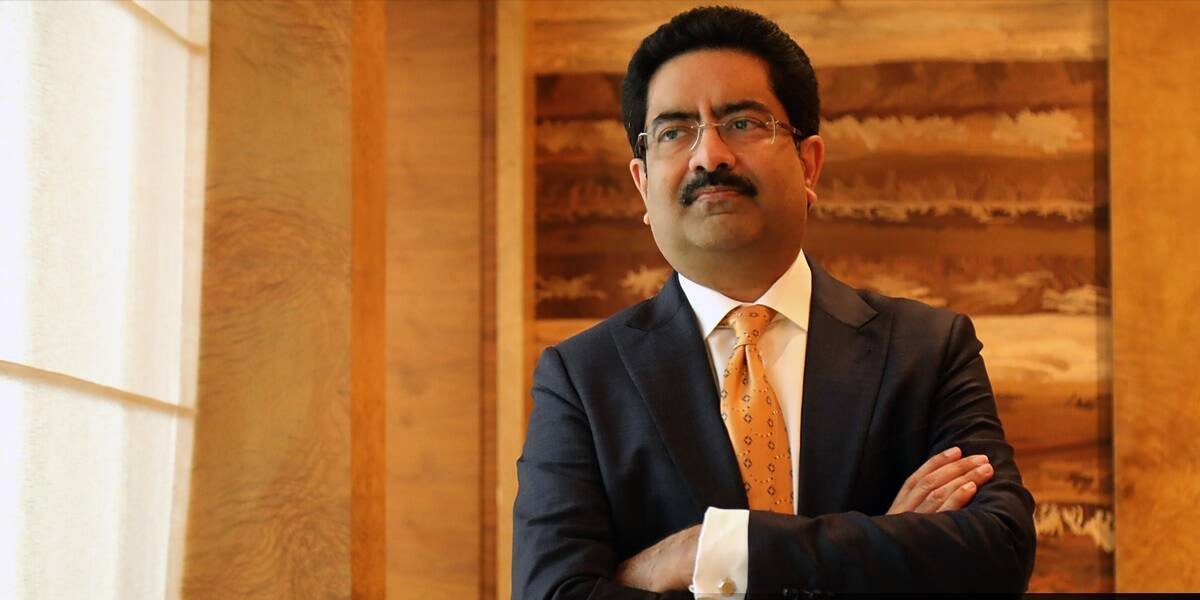
Box
Mangalam’s Mantras
- Kumar Mangalam’s beliefs shed light on the kind of person that he is – modest, self-effacing, and quietly driven. “ …Great businesses are never built on the quicksands of opportunism. I reiterate that, if living by our values, means perhaps growing at a pace slower than we would otherwise have liked, so be it. For us, leadership lies at the heart of knowing what we stand for,” he emphasises.
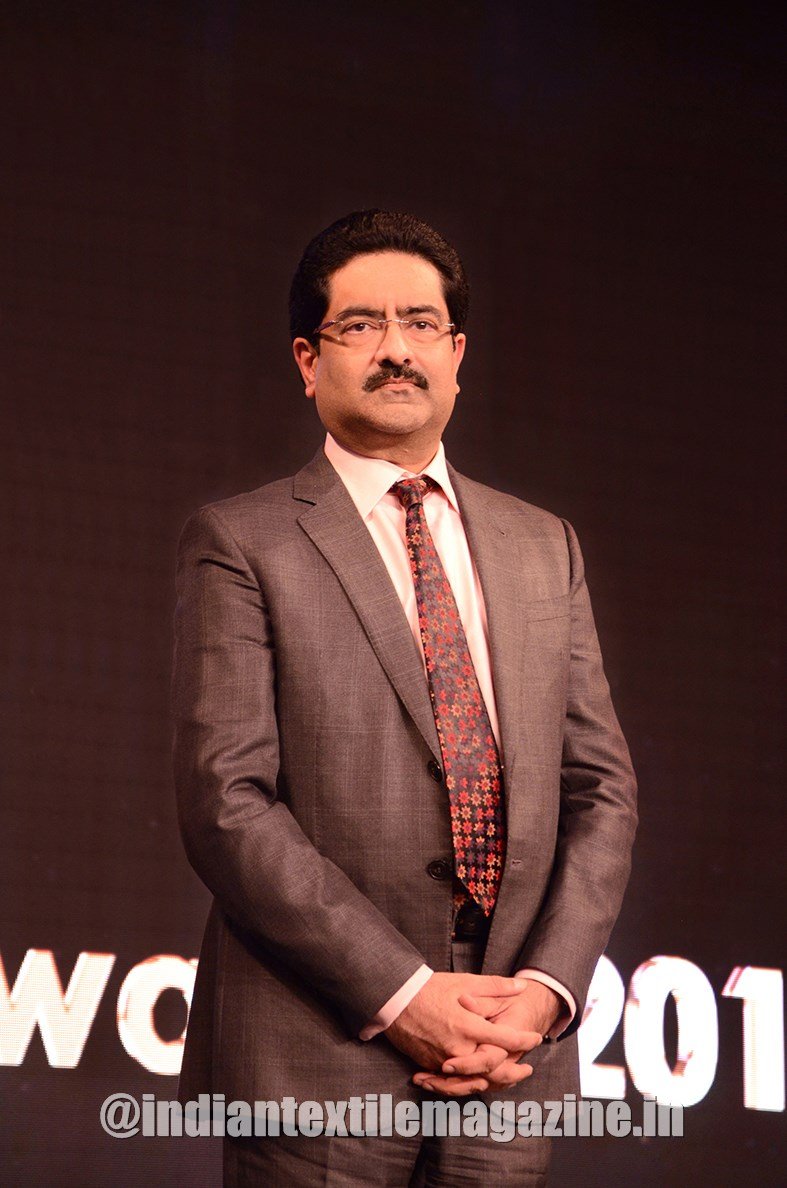
- “My personal needs are not many. The whole business of being a trusteeship of a company is very important to our family. Giving back to the shareholders and to society were values that were deeply ingrained,” he points out.
- His advice to his children: “There is no substitute to hard work and that you must respect each person as an individual. I tell them it is all about integrity and commitment and being good human beings, that is what inspires trust. That this softer side of management is what matters the most.”
- Life is a continuous process of learning; he believes, “The day you stop learning, you die.” He rates ‘learning agility’ as highly essential; the ability to learn fast, grasp new concepts, relearn and unlearn.
- He believes being authentic and connecting with people is another important mantra, as is staying rooted in reality, and employing the right means to reach the end, minus compromise.
